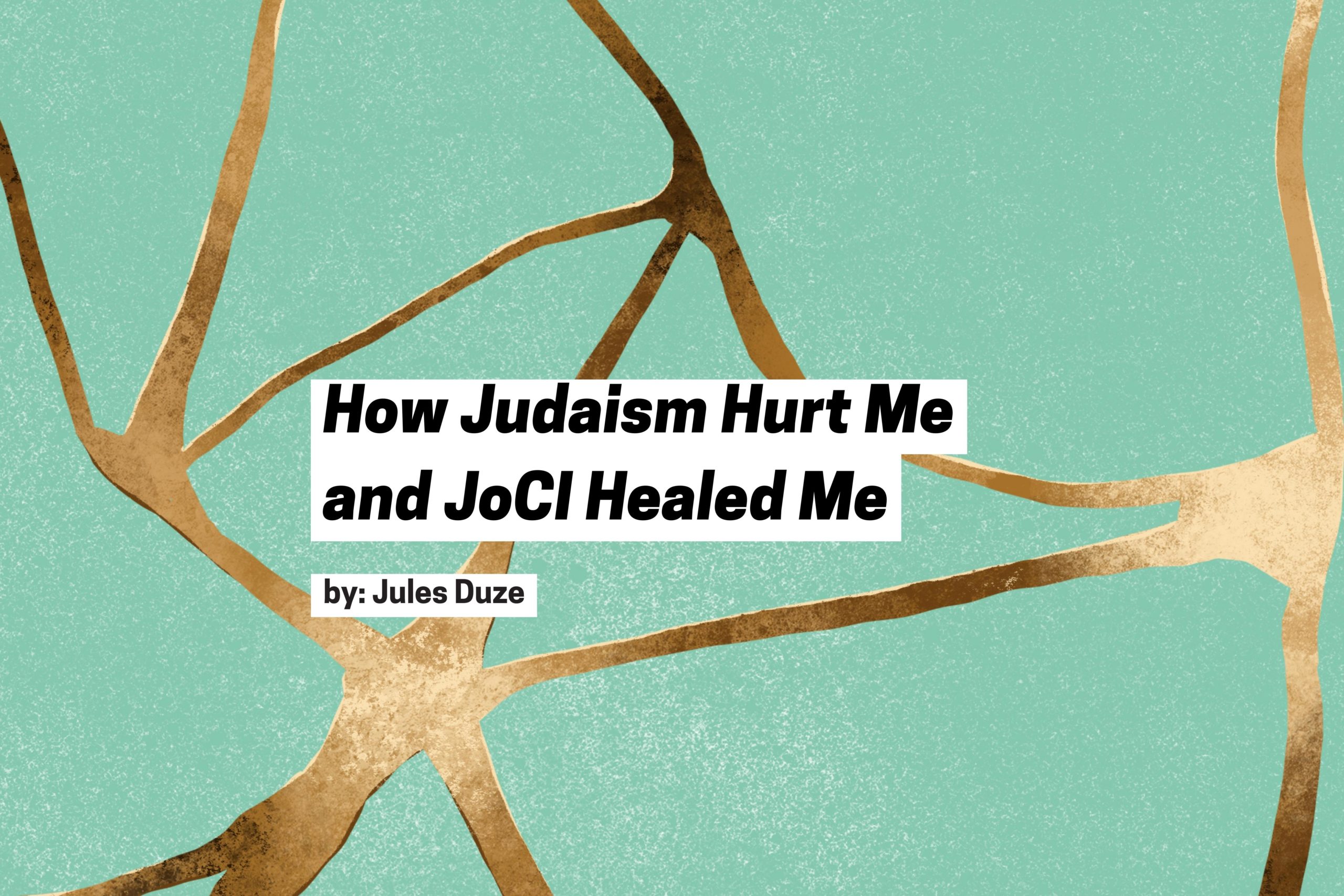
By: Jules Duze
Growing up in within a conservative Jewish setting, as an adopted, queer, non-binary (realized in young adulthood), person of color provided what I like to consider a ‘unique’ perspective, and honed specific lenses on life.
When I was in college, one of my professors introduced this concept of “world travelers” to describe the experience of being non-white in America, or to have an intersectional identity. You must learn how to navigate multiple, often different environments, and discern what behaviors and attitudes are ‘appropriate’ or are the bare minimum. Essentially, you need to determine what will keep you safe.
My sister and I were almost always the only Chinese children (honestly the only POC) in Jewish spaces, whether that be Sunday school, Shabbat morning services, a second Pesach seder…you name it. When I went on to join USY, on a regional level, there was one other Chinese person, another adoptee, who I refrained from spending too much time with because I didn’t want to be classified as ‘stereotypical’ for ‘only wanting to spend time with someone who looked like me’. What I didn’t know was those feelings were a result of my deeply internalized racism.
These feelings weren’t conscious as a child, and only came to light after my return to Judaism following a 4-year hiatus and the passing of my father. I’d sought out some anchor, something to tether me to the memories of an easier childhood – before a pandemic, before I became a member of the Dead Dads Club. And before I figured out that the feeling of not fully being a part of my religious community didn’t stem from me ‘not being Jewish enough’, but rather was a result of my previous Jewish environments not being inclusive enough and lacking representation. These environments were not necessarily created this way maliciously or intentionally. However, leaders in these spaces lacked an understanding of how critical it is to address race, especially in predominantly white settings.
Heavy on the predominantly white spaces, my previous experiences within the Jewish ecosystem made discovering the Jews of Color Initiative and the Fellowship opportunity, shared with me by the illustrious Rabbi Mira Rivera, feel so revolutionary. In both professional and personal ways, my involvement with the Initiative as an inaugural Fellow continues to change my life.
From the first day, when I met my cohort of fellow Jews of Color (a term first introduced to me through this organization), to producing my first program, to my second placement at Repair the World—reaching this halfway point was a good time to sit and reflect on how far I’ve come and where I aspire to go.
During a thoughtfully curated orientation week, we learned what our next ten months together would look like and began to get to know one another. We were introduced to professional development mentors and experienced the structure of our Friday sessions. We eased ourselves into the growth, healing, and community in front of us.
There is something so beautifully healing about being in a space of your peers, of people that you have only just met and yet resonate and empathize with specific parts of your journey that you always thought you would bear alone. The burden of always having to justify your Jewish faith, defend your right to be in a space, and simply advocate for yourself whether consciously or unconsciously was lifted. Together, we were just Jews—with no need to add ‘of color’ because there wasn’t anything else to which we had to compare ourselves.
I don’t want to confuse that sentiment with a post-racial society. The sheer number of specifically white folk who are “color-blind” with regard to race continue to perpetuate a problem. But I did discover the beauty of a homogenous space that I didn’t realize existed.
Professionally, I have never felt so uplifted, supported, and poured into by my superiors, supervisors, and peers. Of course, coming from five years of food industry experience, this is a different sector of work, though the importance of people-facing skills stays the same.
This Fellowship affirmed my career path and goals through Torah text-study with rabbis whose identities reflect our own, informational presentations on professional tips and tricks within the field, and meetings with established members of both the Jews of Color world and Jewish nonprofit arena.
In my experience, identity-based work affects one’s personal life and views. As a result of conversations, relationships fostered, and trust established between other Fellows and myself, I identified, confronted, and worked through feelings of insecurity and imposter syndrome that too often come with the experience of being lower-class and of color within the United States.
I am immensely grateful to have found my community within the Jewish world, and for the elders who paved the way for me. It is beyond my younger self’s wildest dreams to find other Jews like me, Jews to aspire to be like, Jews that share the same ‘radical’ viewpoints, and folks who truly understand the multitudes and depth of what it means to not only be a Jew but also a person of color. I am very excited to see what the second half of this Fellowship will bring, and to see what else the Jewish world has in store.


